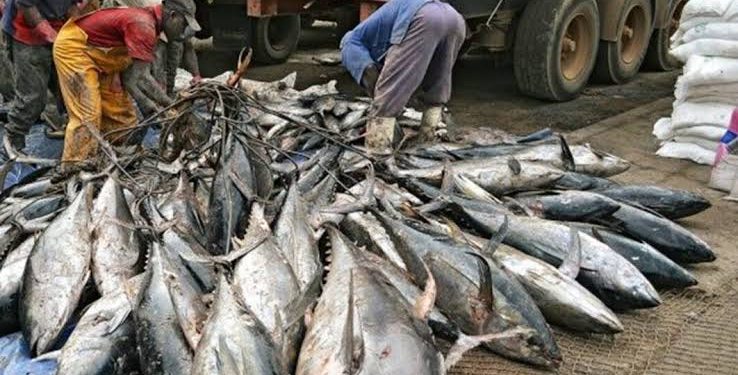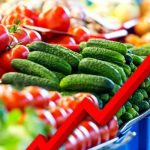A strategic $1 billion investment at a concessional interest rate of 0–2% could help Nigeria slash its annual fish importation by 50% within four years, according to the Tilapia Aquaculture Developers Association of Nigeria (TADAN).
Speaking at a media briefing in Lagos, the association’s National Vice President described Nigeria’s current annual fish import bill of N1.8 trillion as economically unsustainable. He argued that with the country’s vast marine resources, the continued importation of over 1.2 million metric tons of frozen fish valued at more than $1.2 billion is a glaring missed opportunity.
“With a well-structured investment of $1 billion at low interest, we can cut our fish imports by at least half in just four years,” he said. “This isn’t just about saving money. It’s about creating jobs, protecting our forex, and unlocking the economic potential of our water bodies.”
Despite the establishment of the Ministry of Marine and Blue Economy to harness Nigeria’s maritime potential, the fishing and aquaculture sectors have seen little tangible benefit. TADAN criticized the lack of strategic engagement and the underrepresentation of aquaculture in national policy direction, describing the hopes raised by the new ministry as largely unfulfilled.
The association also raised concerns about accountability in donor-funded initiatives, blaming falsified impact reports and the absence of post-project evaluations for Nigeria’s exclusion from current global development grants. Many past interventions, it said, failed to achieve real progress due to implementation lapses.
Highlighting untapped opportunities, the group pointed to seaweed farming—a $20 billion global industry expected to reach $32 billion by 2032 as a sector where Nigeria has failed to gain any commercial foothold despite possessing the right environment. According to TADAN, development grants targeting this sector are often directed to academics or consultants with no practical output.
While praising Lagos State’s World Bank-supported APPEALS project for its impact, the association said its scale remains too limited to drive change across Nigeria’s broader aquaculture landscape.
On export competitiveness, TADAN noted that farmed fish like catfish and tilapia remain unviable in international markets due to high production costs, exceeding $1 per kilogram. Only premium products such as shrimp currently offer viable export potential.
The group also identified high returns from government securities yielding 18–20% as a deterrent to private sector interest in aquaculture, which is viewed as a high-risk venture affected by infrastructure gaps and inflationary pressures.
TADAN advised aspiring entrepreneurs to consider entering the aquaculture value chain through logistics, marketing, and distribution rather than immediately starting capital-intensive farming operations. “Start where you can build a customer base and collaborate with farmers. That’s how you reduce risk while still creating value,” the vice president said.
In conclusion, the association called on the Nigerian government and international development partners to prioritize aquaculture as a vital sector under the blue economy framework. It said targeted investment could drive food security, reduce import dependence, create employment, and strengthen Nigeria’s economic diversification agenda.










